Communities of Potential: Social Assemblages in Thailand and Beyond
by Shigeharu TanabeThis book provides fresh ways of looking at community movements and social actors in Thailand, Cambodia, and Myanmar. The chapters cover a wide range of movements, from personal and social development based on Buddhist principles to community movements centered on other religious, spiritual, and traditional practices.
Community movements differ markedly in their practices and organization from the classic social movements of the early twentieth century or the subsequent “new social movements.” Anthropologist Shigeharu Tanabe and several Thai and Japanese colleagues explain that a key feature of these community movements is “assemblage”—disparate and multiple individuals or groups coming together in alliances or networks that enable them to actualize their potential and achieve their goals. Building on theoretical foundations developed by philosopher Gilles Deleuze, psychotherapist Félix Guattari, and others, this book is an important reference on the workings of community movements in Southeast Asia.
Highlights
- Reveals prominent features of newly emerging community movements in Thailand as well as Cambodia and Myanmar.
- Analyzes community movements related to Buddhism, development monks, spirit cults, NGOs, alternative medicine, local museums, and marginalized communities on the border.
- Examines how community movements consist of multiple and heterogeneous individuals and groups, leading to new kinds of alliance, values, and ethics.
- Highlights complex forms of “assemblage” that enable individuals to actualize their potential and exercise their agency in movements.
About the Editor
Shigeharu Tanabe is professor emeritus at the National Museum of Ethnology in Japan and currently teaches social anthropology at the Center for Ethnic Studies and Development and the Japanese Studies Center, Chiang Mai University.
What others are saying
“In this exciting and ethnographically rich collection, Shigeharu Tanabe and his associates identify the contemporary significance and dynamics of identity-making. They vividly illustrate the processual and constantly emergent character of cultural identity, especially in relation to devotional practice and the sense of community.”—Michael Herzfeld, Harvard University
“Brilliantly conceived and meticulously edited, this collection of well-researched and original chapters by Thai and Japanese scholars is a valuable contribution to a growing shift away from an isolated and “settled” view of community to a more dynamic understanding that opens up new possibilities.”—Surichai Wun’gaeo, Chulalongkorn University
Reviews
“This book presents good examples that allow understanding of social movements not through the lens of idealism or realism, but as ongoing relational process in which people pursue change and increase the potential of their own lives.”—Fumihiko Tsumura, Journal of Southeast Asian Studies
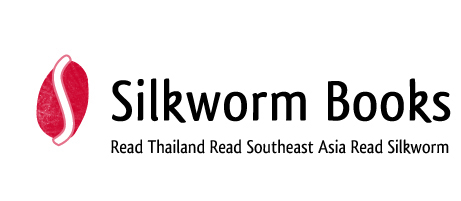
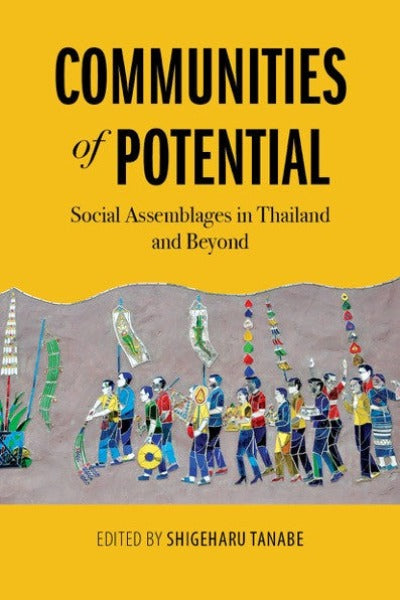
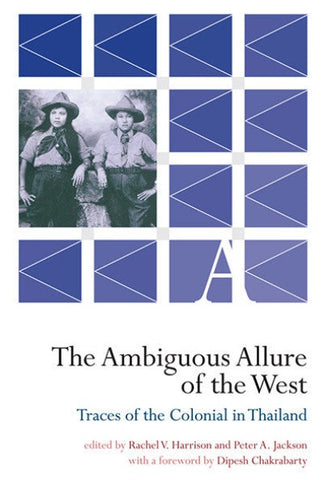
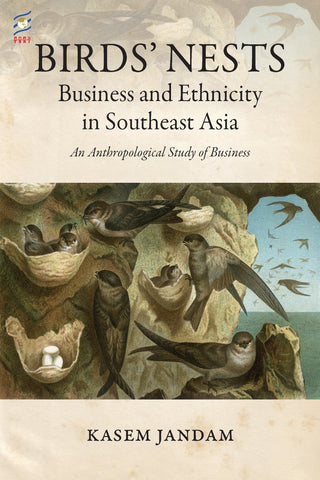
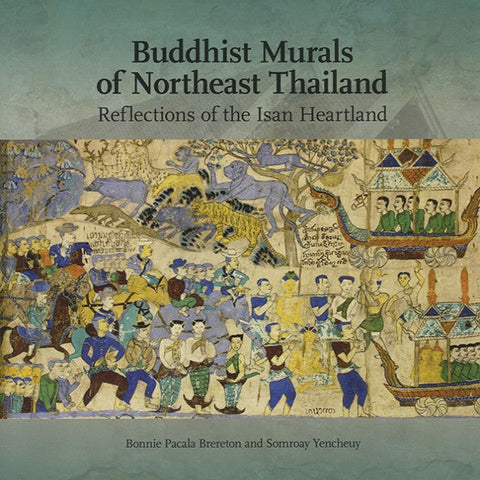
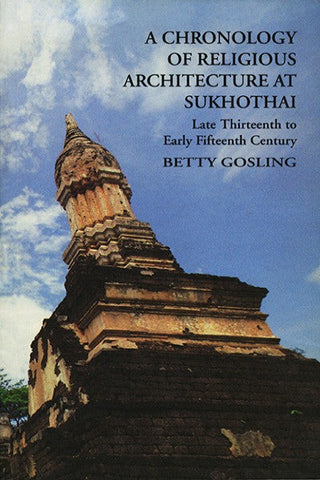
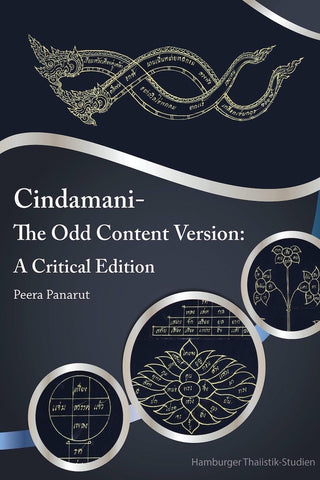
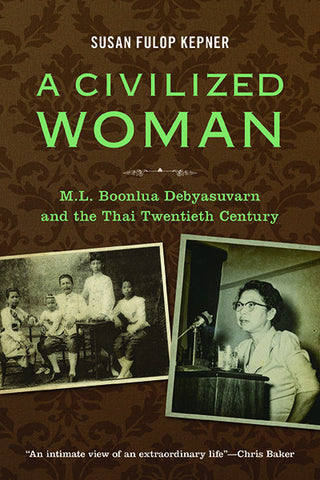
Share this item: